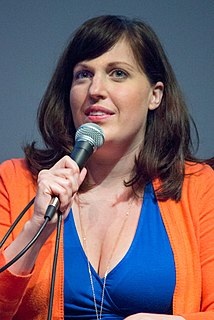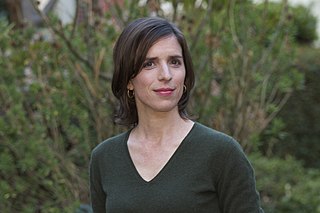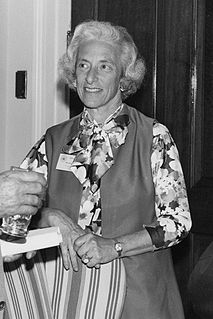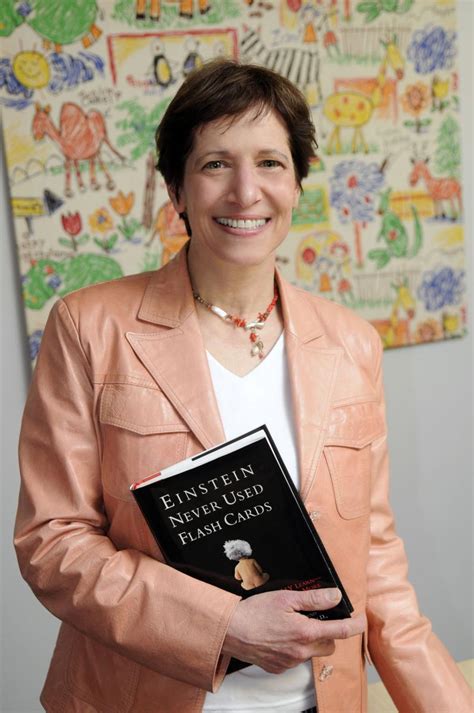A Quote by Daniel Handler
A long time ago, there was no such thing as school, and children spent their days learning a trade, a phrase which here means "standing around doing tedious tasks under the instruction of a bossy adult." In time, however, people realized that the children could be allowed to sit, and the first school was invented.
Related Quotes
It needs more than ever to be stressed that the best and truest educators are parents under God. The greatest school is the family. In learning, no act of teaching in any school or university compares to the routine task of mothers in teaching a babe who speaks no language the mother tongue in so short a time. No other task in education is equal to this. The moral training of the children, the discipline of good habits, is an inheritance from the parents to the children which surpasses all other. The family is the first and basic school of man.
Young children learn in a different manner from that of older children and adults, yet we can teach them many things if we adapt our materials and mode of instruction to their level of ability. But we miseducate young children when we assume that their learning abilities are comparable to those of older children and that they can be taught with materials and with the same instructional procedures appropriate to school-age children.
We need to lengthen the school day. We need to lengthen the school year. Our calendar is based upon the agrarian economy. Children in India and China are going to school 25, 30, 35 more days a year. They're just working harder than us. So, we need more time, particularly for disadvantaged children, who aren't getting those supports at home.
I went to public school, and I didn't do well in school. And it wasn't until, actually, I got into school at Juilliard - it was the first time in my life that I thought, 'Oh, maybe I'm not stupid,' because I was so inspired and passionate about what I was learning, and it was the first time in my life I had felt that.
We talk of globalization, and how much money is needed for the education of children in the world, their liberation and rehabilitation just $9 billion which is four days of military expense. Just four days. Nine billion dollars is nothing. But what Americans spent on ice cream just 20 percent of this. One fifth of what you spend on ice creams could bring the children out of the clutches of their masters and put them to school.
When I went to medical school, I was taught about two basic kinds of diabetes: juvenile onset and adult onset. From the time I did my training in medical school to the end of my residency we were already seeing the transformation of adult onset diabetes into Type II, which is what we call it now, which from my perspective is a euphemism we have draped over this condition to conceal the fact that what was a chronic disease in midlife is now epidemic in children. Frankly, Type II diabetes in a seven year old is adult onset diabetes. We just don't want to confront that unpleasant fact.
At each stage of development the child needs different resources from the family. During the first year, a variety of experience and the availability of the parents for attachment are primary. During the second and third years, stimulation of language development is critical. During the years prior to school entrance, information that persuades children they are loved becomes critical, and during the school years it is important for children to believe that they can succeed at the tasks they want to master.
We're all in denial from time to time. We all see things that are too painful to really deal with. But this has consequences, and the consequences of not vaccinating your children are not only just that those children are exposed to illnesses; it's that everyone else they go to school with and they hang around with are, too.
I'd written my first novel for adults, which was called Basic Eight and was set in a high school, and we were having a devil of a time selling it. It ended up in the hands of an editor of a children's publishing house, for which it was entirely inappropriate. She said, "Well, we can't publish this, but I think you should write something for children," which I thought was a really terrible idea.


































